Leading ballast water management system manufacturer ERMA FIRST has published detailed research comparing the effectiveness of its full-flow electro-chlorination technology versus ultra-violet technologies as well as side-stream ballast water systems and systems without filters. The research focuses particularly on the needs of the spot trading cargo fleet, which trades in a range of waters and is potentially subject to both US Coast Guard and IMO standards. According to the shipbroker Clarksons (August 2020 BWTS Report), 46% of the world’s merchant ships have installed electro-chlorination and 25% ultra-violet systems. More information: Tanker Operator
To download a copy of the paper click here

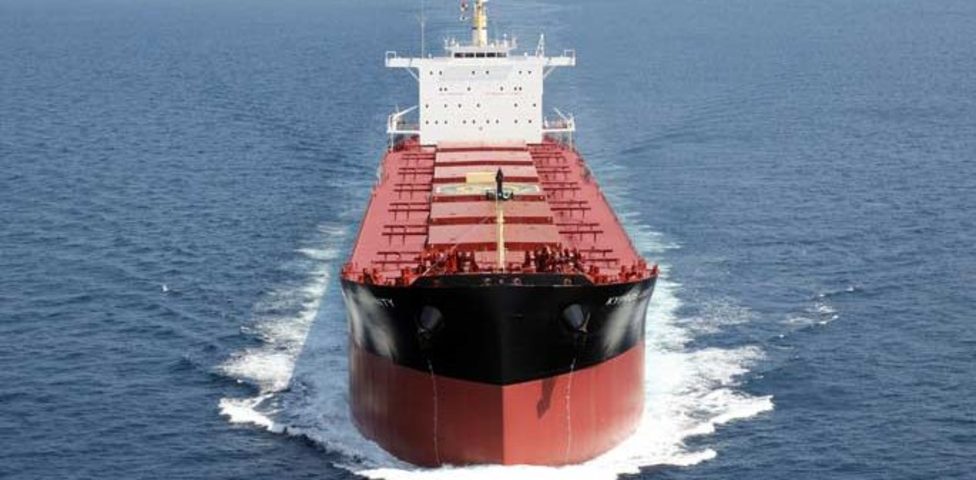
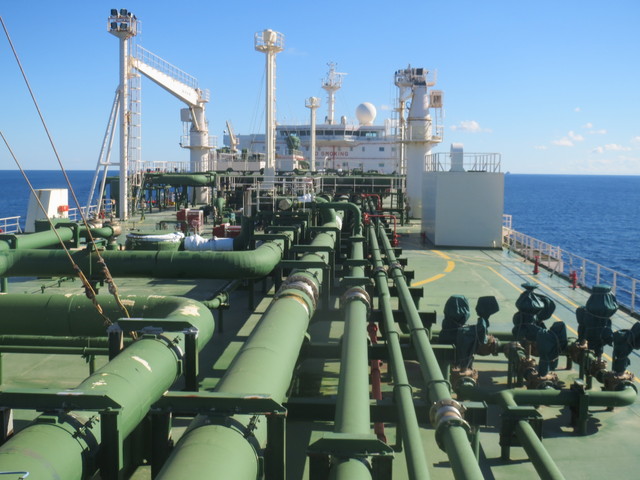
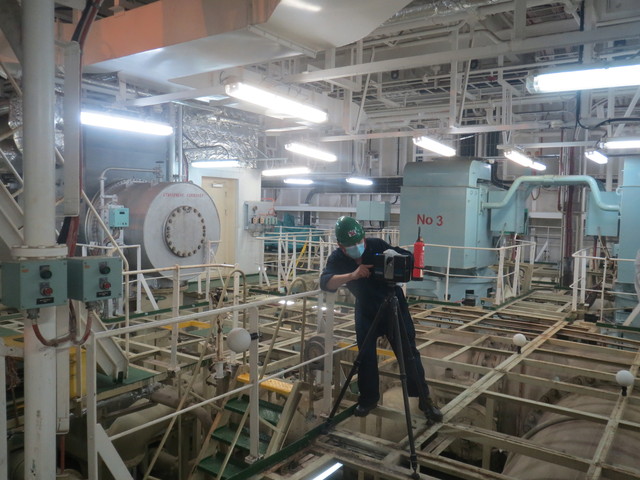
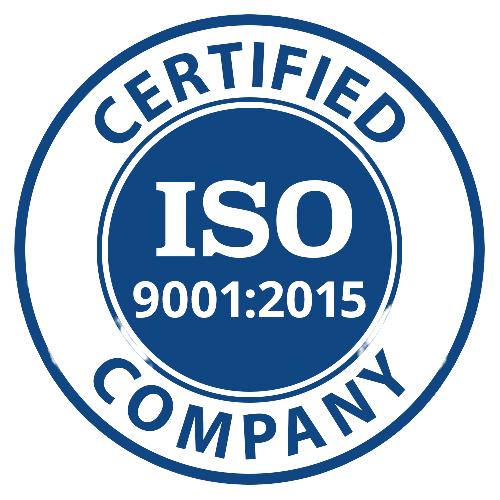
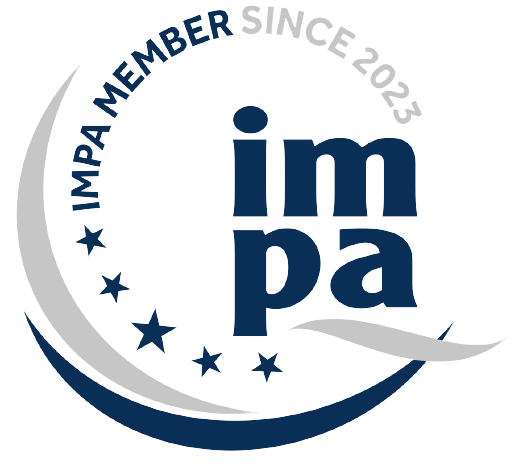
.jpg)

